Sustainability
More and more of the coffee beans we buy are sustainably farmed. Ultimately, we would like the entire coffee market to become sustainable, all the way through the chain.
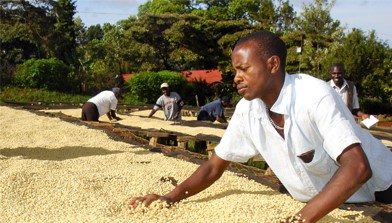
It begins with the farmer
More and more of the coffee beans we buy are sustainably farmed. In fact we are the world’s biggest purchaser of UTZ certified coffee and tea. Ultimately, we would like the entire coffee market to become sustainable, all the way through the chain. Working towards this goal, over the past ten years the Douwe Egberts Foundation has trained around 60,000 coffee and tea farmers to adopt better working practices, increase earnings and become more environmentally friendly.
For more information see: Our vision of sustainability and The D.E Foundation - Official website
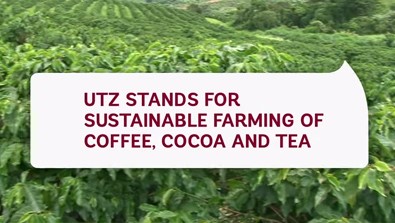
UTZ Certified
Our preferred partner for certification of sustainable coffee and tea is UTZ Certified. We are the biggest buyer of UTZ Certified coffee and tea worldwide.
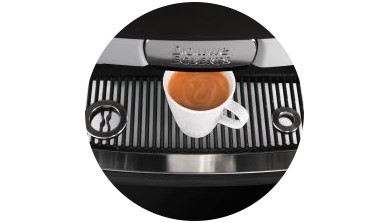
Sustainable coffee and tea in energy-efficient machines
All our coffee machines incorporate energy-saving standby which can reduce energy consumption by up to 25%. Our newest Cafitesse machine is equipped with a ‘smart’ eco-mode. You’ll also find an increasing amount of certified products in our range which consist of 100% sustainable coffee, tea and cocoa. Alongside these, our products that don’t carry the certified label are being produced with an increasing amount of sustainable ingredients.
Fully UTZ Certified D.E Espresso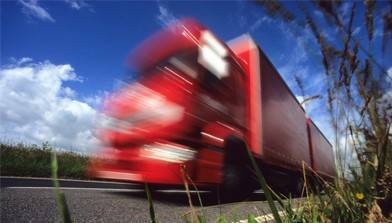
Working towards a better environment
To continually improve our environmental performance, all our locations operate according to ISO 14001. This internationally recognised Environmental Management System means we use less energy and water, keep waste to a minimum and ensure our packaging is optimally designed. We also work together with our partners to improve the way our products are transported in order to reduce CO2 emissions.
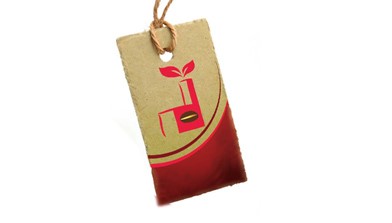
Environmentally friendly production and packaging
Ambitions:
- To reduce the amount of packaging materials
- Generate sustainable energy from waste flows
- Reduce energy consumption by at least 20% between 2005 and 2015
Results:
Since 2005 the energy and water consumption in our factories has reduced by 15 and 30% respectively. Our classic coffee packaging contains 20% less paper, 40% less foil and 50 % less aluminum than before. 25% of energy consumed at our roasting house in Joure is green energy from coffee residues.